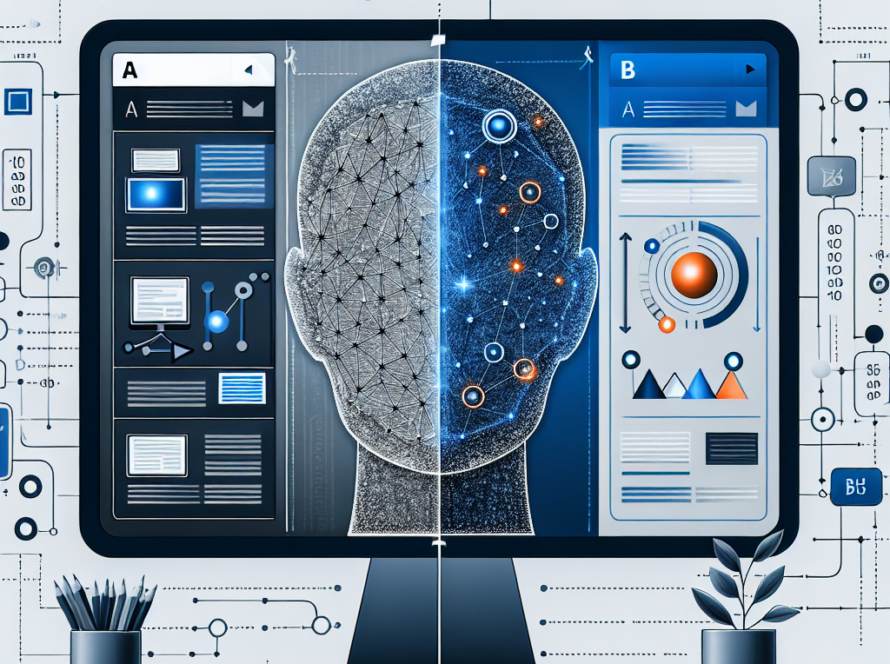In the ever-evolving landscape of sales, staying ahead of the curve is not just an advantage—it’s a necessity. Enter Artificial Intelligence (AI), the game-changing force that’s redefining how sales strategies are crafted and executed. As an AI consultant, your mission is to guide clients through the digital transformation that AI offers, ensuring they harness its full potential to skyrocket their sales performance. But how exactly do you weave this technological marvel into the fabric of your client’s sales operations? Let’s dive deep into the world of AI tools for sales teams, explore the myriad benefits of AI in sales, and unfold effective AI-driven sales strategies.
Overview of AI Tools for Sales Teams
Introduction to Various AI Tools Enhancing Sales Functions
When it comes to sales, time is of the essence, and precision is paramount. AI tools are designed to augment the capabilities of sales teams, enabling them to work smarter, not harder. These tools can range from customer relationship management (CRM) systems with built-in AI features to standalone applications focused on specific aspects of the sales process such as lead scoring or data analysis.
For instance, AI-powered CRMs can automate data entry and provide sales representatives with actionable insights about their prospects. Predictive analytics can forecast future sales trends based on historical data, while chatbots can handle initial customer inquiries without human intervention. The key advantage here is that these tools learn and improve over time, constantly refining their algorithms based on new data.
Discuss Features and Benefits Specific to Sales Teams
The integration of AI into sales tools offers a myriad of benefits tailored specifically for enhancing team performance:
- Predictive Analytics: By analyzing past customer interactions and sales outcomes, AI can predict which leads are most likely to convert, allowing teams to prioritize their efforts effectively.
- Email Automation: AI-driven platforms can personalize email campaigns at scale by analyzing recipient behavior and optimizing message timing for maximum engagement.
- Sales Forecasting: Accurate predictions regarding revenue allow organizations to make informed decisions about resource allocation and strategy adjustments.
- Cognitive Selling Assistants: These virtual assistants help reps by providing real-time information during customer interactions, ensuring they have all necessary details at their fingertips.
The overarching benefit is clear: by leveraging these advanced tools, sales teams not only enhance their efficiency but also improve the quality of interactions with potential customers. This drives both top-line growth and customer satisfaction simultaneously—a win-win scenario in today’s competitive market landscape.
Benefits of AI in Sales
Enhance Sales Accuracy and Efficiency with Predictive Analytics
Predictive analytics stands out as one of the most transformative benefits offered by AI in sales. By sifting through vast amounts of data—much more than a human could feasibly analyze—AI identifies patterns that indicate successful sale conditions. This predictive power allows businesses to focus on high-potential leads and opportunities, thus increasing accuracy in targeting and efficiency in resource allocation.
This level of insight extends beyond mere lead prioritization; it encompasses optimal pricing strategies, product recommendations tailored to individual preferences, and even the best times for contact—each factor contributing significantly towards closing deals faster and more effectively than ever before.
Personalize Customer Interactions Through Data-Driven AI Insights
In today’s digital age where personalization is king, customers expect experiences tailored just for them—and rightly so. Data-driven insights provided by AI enable businesses to meet these expectations head-on. By analyzing customer behavior across various touchpoints, companies can create personalized engagement strategies that resonate on an individual level.
This personalization isn’t limited to marketing messages; it includes product offerings as well. Customers are more likely to purchase when they feel understood, a sentiment that bespoke product suggestions fostered through intelligent analysis serve well. Moreover, this tailored approach often translates into increased loyalty as customers appreciate being seen as individuals rather than just another number in a database.
Effective AI Sales Strategies
Guide on Integrating AI into Existing Sales Workflows
The seamless integration of AI into existing workflows is critical for realizing its full potential within sales departments. It begins with an assessment phase where consultants identify which parts of the workflow could benefit most from automation or enhanced analytics—the goal being not just adoption but optimization.
A step-by-step guide typically follows this assessment phase outlining how each tool should be implemented without disrupting ongoing operations unduly. Training programs may be developed concurrently so that staff members gain proficiency with new systems swiftly thereby reducing downtime associated with learning curves inherent whenever new technologies come online within established environments already operating at full tilt necessitating careful planning execution alike ensure smooth transitions ultimately lead improved outcomes across board once fully operational status achieved end section two keep readers engaged excited learn more next installment series stay tuned!
Training and Support: Ensuring Successful Adoption Across Departments
Fostering an Organizational Culture Ready for Change
One of the most critical, yet frequently underestimated, aspects of integrating AI into sales strategies is preparing the organizational culture for change. The readiness for change can make or break the successful adoption of new technologies. AI consultants play a pivotal role in this aspect by implementing effective change management strategies to ensure a smooth transition.
To prepare staff at all levels, consultants must address common concerns and fears related to job displacement and relevance. They must also highlight the upskilling opportunities that accompany the shift towards a more automated environment. By fostering a culture that views AI as an ally rather than a threat, consultants can help organizations embrace these changes with open arms.
Developing Comprehensive Training Programs That Facilitate Skill Acquisition
Another essential component in ensuring successful AI adoption is developing comprehensive training programs that cater to skill acquisition across departments. These programs are designed to equip the workforce with both the technical skills necessary to operate and maintain new AI solutions as well as softer skills such as problem-solving and critical thinking which are crucial in an age where machine learning influences decision-making.
The training programs should be tailored to different roles within the organization, ensuring that each employee understands how AI tools will impact their specific job functions. This targeted approach not only enhances individual competency but also fosters department-wide synergy – crucial for maximizing the benefits of AI integration.
Ongoing support post-implementation is equally important to ensure users receive help whenever they need it. This continued assistance reinforces confidence in their capabilities with AI tools, leading to greater engagement and productivity gains attributed to advancements brought forth by artificial intelligence consulting services.



